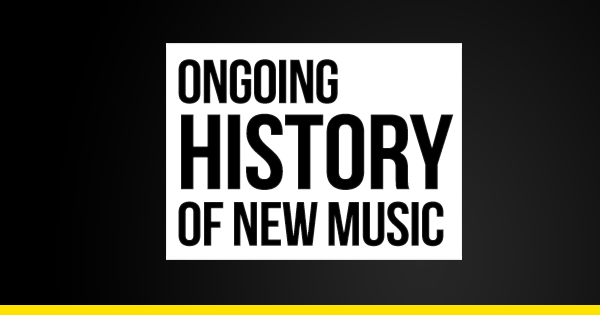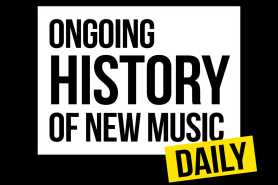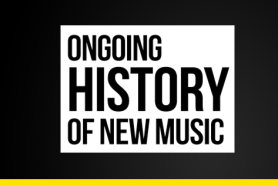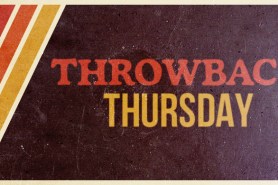It’s often very hard to know when history is happening, even if you’re in the middle of things. Even when it’s super chaotic and you might feel that something very important is happening, but you really can’t be sure. It’s only with time that things come into focus.
When it comes to music, we know that some years were more important than others; 1956, for example. People who were alive back then were occupied by Cold War tensions, the growing civil rights movement in the U.S., the increasing penetration of television into homes, and a couple of bad earthquakes and hurricanes.
But at the same time, a new singer named Elvis Presley was at the forefront of this new thing called “rock and roll.” A new construct called “teenager” was off listening to this music on their new transistor radios. And if they had a TV in their house, they were watching Dick Clark and American Bandstand.
Meanwhile, in the UK, a form of pre-rock music called “skiffle” was taking off. Within a year, a skiffle-loving band called The Quarrymen” was playing gigs—and they would, of course, later become The Beatles.
Speaking of whom, 1964 was also an important year. More than 70 million people watched The Beatles on The Ed Sullivan Show the first time they appeared that February, kicking off their international career and the British Invasion.
The years 1967 through 1969 also turned out to be a big deal. The rise of FM rock radio. The Beatles and Bob Dylan drew people away from singles to albums. The Summer of Love. The constant flow of music that was inspired by opposition to the Vietnam War. Woodstock. Altamont.
Books have been written about how important 1971 and 1972 were to rock. Pink Floyd released The Dark Side of the Moon. David Bowie introduced Ziggy Stardust. John Lennon’s fight to keep from being deported from the U. S. Big records from Led Zeppelin, The Who, Black Sabbath, Yes, The Rolling Stones, Black Sabbath, Alice Cooper, Deep Purple, and Rod Stewart, all of which are now considered all-time classics.
Let’s look at 1976. No one knew it at the time, and few were paying attention, but that was the year punk was born. In 1984, we had Prince, Springsteen, Van Halen, U2, The Smiths, and Metallica with major records. And then 1991: the grunge revolution and the explosion in all things alternative.
Which brings me to 1994. Rock had been on the upswing for a couple of years and when we look back now, it’s obvious that the grunge and alternative scenes of the ’90s peaked during those twelve months. Let’s look back, shall we?
Songs heard on this show:
-
- Alice in Chains, I Stay Away
- Green Day, Longview
- Nirvana, Where Did You Sleep Last Night?
- The Offspring, Come Out and Play
- Blur, Girls and Boys
- Oasis, Live Forever
- Nine Inch Nails, Closer
- Soundgarden, Black Hole Sun
Here’s Eric Wilhite’s
playlist.
The Ongoing History Music can be heard on these stations. Don’t forget that there’s a podcast version, too, in case you miss any episodes. Get them for free wherever you get your podcasts.
© 2024 Corus Radio, a division of Corus Entertainment Inc.





 Ad Choices
Ad Choices